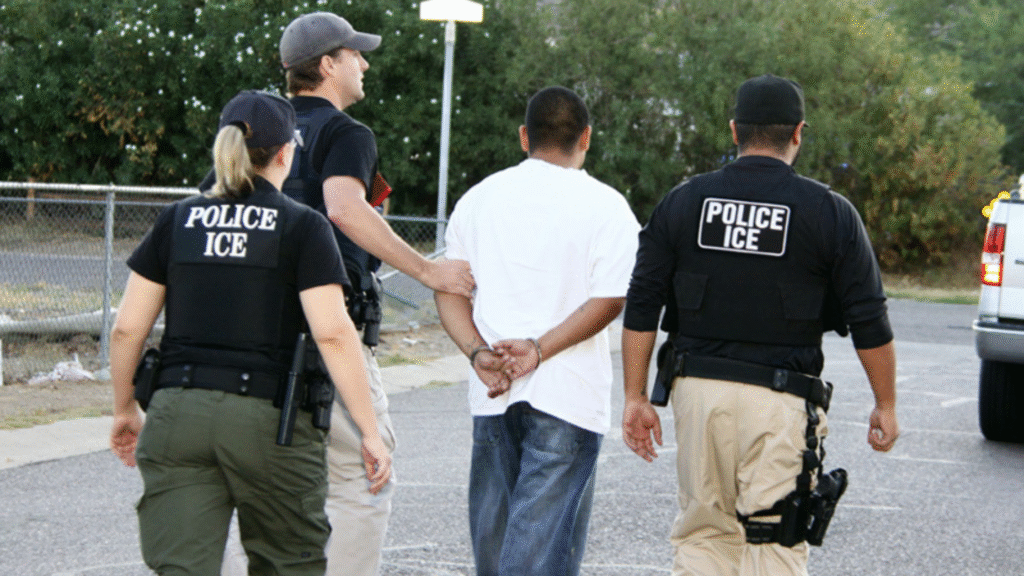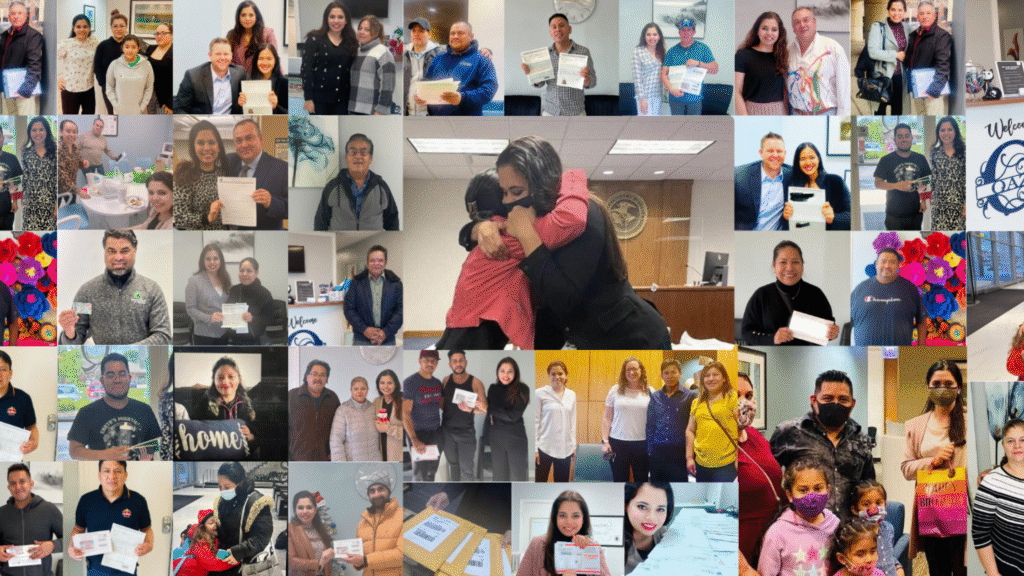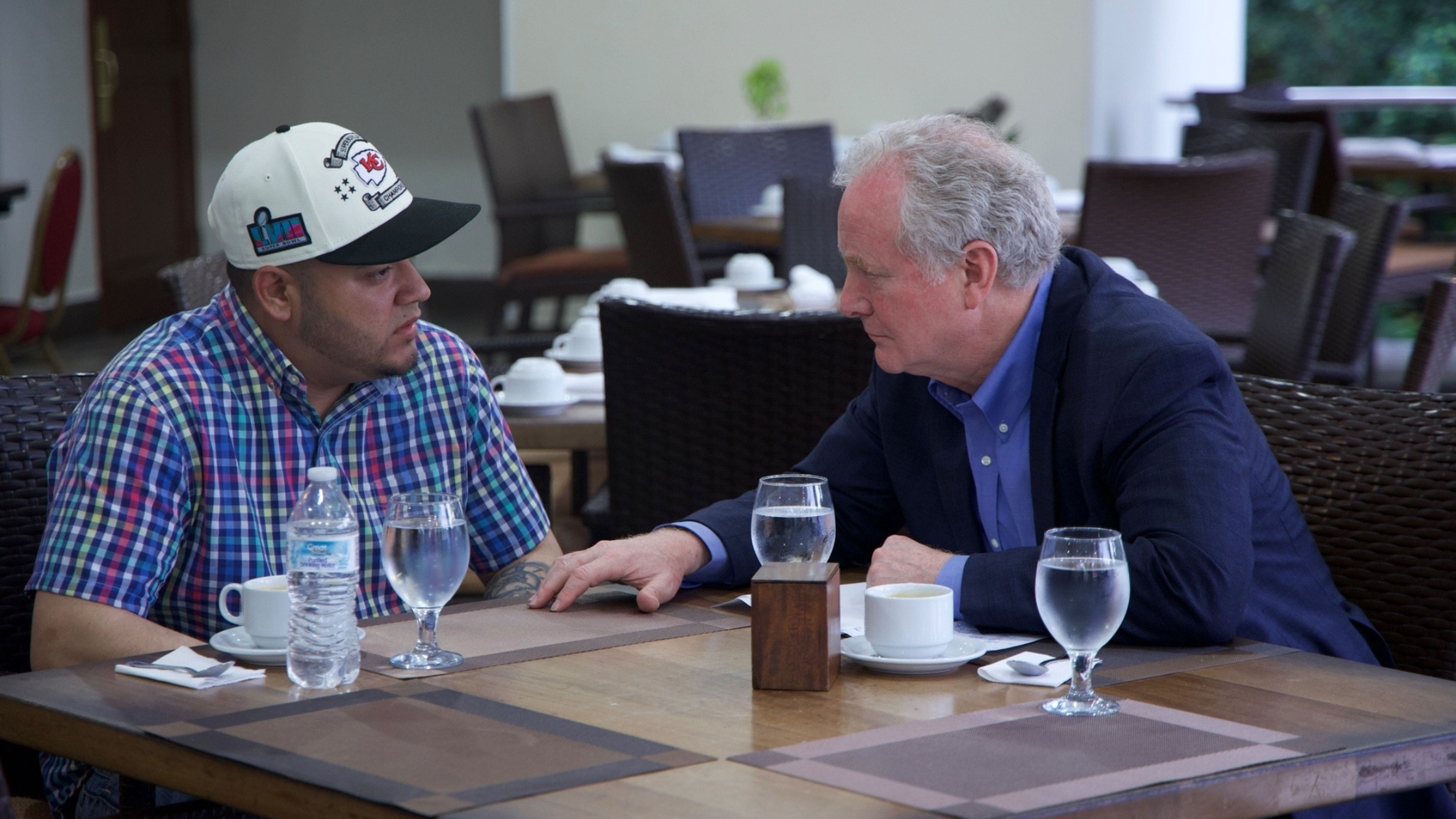Photo Attribution: Chris Van Hollen, Public domain, via Wikimedia Commons
A Case That Challenges Justice and Trust
The Kilmar Abrego García case has captured national attention, and for good reason. His story is not just about one man. It is about what can happen when the immigration system makes mistakes, and why families must know their rights and stay informed.
Kilmar came to the United States from El Salvador in 2011 to escape gang violence. In 2019, an immigration judge recognized the danger he faced and granted him protection, which allowed him to stay in the U.S. legally and work while checking in with immigration officials as required.
But in March 2025, something went terribly wrong. Despite having legal protection, Kilmar was mistakenly deported to El Salvador. He was sent to a prison known for harsh conditions and human rights violations. A federal judge later called the deportation “lawless” and ordered the government to bring him back.
Mistaken Removal, Court Intervention, and New Legal Challenges

After months of legal battles, including a Supreme Court order, Kilmar was returned to the U.S. in June. However, instead of finally finding safety, he was indicted in Tennessee on charges related to transporting migrants and had to fight a new legal battle. He pleaded not guilty. Judges eventually ruled that immigration officials could not secretly detain or deport him again without advance notice, giving him some protection.
Unfortunately, just days after being released in August, Kilmar was taken back into custody during a routine ICE check-in. The Department of Homeland Security then announced plans to deport him to Uganda, a country he has no connection to and where he could face new risks. A federal judge has since blocked this deportation, at least temporarily, because of serious concerns about his safety.
Why does this case matter? Because it shows how even people with legal protection can be caught up in dangerous errors. It also highlights the importance of having strong legal representation, knowing your rights during ICE check-ins, and staying proactive about your case. If the system can make such a devastating mistake in Kilmar’s case, it reminds us that no one should take their status for granted.
News Snapshot: The Broader Impact of the Abrego García Case

The Washington Post described the Justice Department’s handling of this case as damaging to public trust, particularly its attempt to deport him to Uganda, a nation he has no ties to, rather than Costa Rica, where his family hoped he could resettle safely.
AP News and Reuters echoed widespread criticism, highlighting the risks of politicized immigration enforcement and the questionable deal surrounding Uganda’s acceptance. Meanwhile, The Guardian framed the case as an example of cruel and arbitrary immigration practices.
These reactions reveal how the Kilmar Abrego García Case is not just one man’s story. It is a window into systemic issues of due process, accountability, and the urgent need for legal advocacy.
Know Your Rights During ICE Check-ins
Cases like Kilmar’s show how even routine ICE check-ins can quickly turn into life-changing events. Immigrants must be prepared with the knowledge and tools to protect themselves.
- Bring an attorney whenever possible. If you must attend alone, let your lawyer know the date and time so they can be on standby.
- Carry proof of your legal protections. Keep copies of court orders, pending applications, or relief approvals in a safe folder.
- Ask for everything in writing. Do not rely on verbal instructions. Request paperwork and keep records of all communication.
- Do not sign documents you do not understand. You have the right to review them with an attorney before agreeing.
- If detained, call your lawyer immediately. You also have the right to remain silent and not answer detailed questions without counsel.
A Final Word on Justice, Representation, and Resilience

The Kilmar Abrego García Case underscores a painful truth: even legal status can be fragile without vigilant protection. At Qazi Law, we see every day how complicated and stressful immigration cases can become. But we also see victories, protections, and new paths forward for families who fight back with the right legal tools. Kilmar’s story is still unfolding, but it proves one thing: no matter how big the system is, the courts, advocates, and communities can make their voices heard.
If you or someone you know is facing similar threats, call us at 630-504-0648 or schedule a confidential consultation with Attorney Farrah.
Sign Up for Our Newsletter: Receive weekly immigration news and free toolkits.
Follow us on social media to stay informed:
Facebook: Qazi Law Offices
Instagram: Abogada Farrah Qazi
LinkedIn: Qazi Law Offices
You have the right to be heard, and with the right support, even the toughest battles can lead to justice, dignity, and hope.

